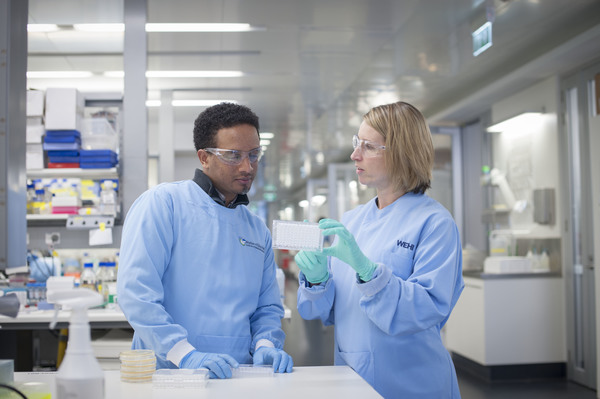A Geelong researcher could have found the key to defeating one of the worlds’ deadliest diseases, Deakin University has announced.
Associate Professor Alyssa Barry had “narrowed down” the ingredients for a vaccine against the worst forms of malaria, Deakin said.
Assoc Prof Barry’s work could save countless lives, with the World Health Organisation estimating 435,000 deaths from 219 million malaria cases worldwide in 2017.
The Waurn Ponds-based researcher said her findings represented a “major step” toward a viable vaccine.
Assoc Prof Barry’s work focussed on malaria parasites’ insertion of PfEMP1 proteins into blood cells, she explained.
“As part of their survival strategy within the human host, malaria parasites use PfEMP1 to stick to the walls of blood vessels, and this can cause blockages to blood flow and inflammation, leading to severe disease.
“Malaria parasites change these proteins to escape from developing immune responses, and every strain has a different set of proteins, making the identification of vaccine targets like finding a needle in a haystack.”
Assoc Prof Barry’s research team investigated “hundreds” of the protein’s variants to identify the best antibodies for fighting the worst types of malaria.
The team collected protein samples from “naturally infected” children in Papua New Guinea.
The study was the first to demonstrate how the proteins could provide a malaria vaccine, Assoc Prof Barry said.
“For years researchers have thought that developing a malaria vaccine based on PfEMP1 would be virtually impossible because the proteins are just so diverse.
“It’s similar to the flu vaccine, where you have to keep adjusting and updating it as the virus strains evolve from year to year. Malaria is even more diverse than influenza; one village in a country such as PNG could contain thousands of possible PfEMP1 variants.
“But in malaria-endemic areas children who are repeatedly infected develop immunity to severe malaria by the time they’re about two years old, so we know antimalarial immunity is possible and it can develop after exposure to only a few strains.”
Assoc Prof Barry, who works at Deakin’s medical school, led the international research team investigating the proteins while working at Melbourne’s Walter and Eliza Hall Institute.
“It’s been a long road and has involved a large team but it’s a major step forward, and this provides hope that creating a vaccine might be possible,” she said.










